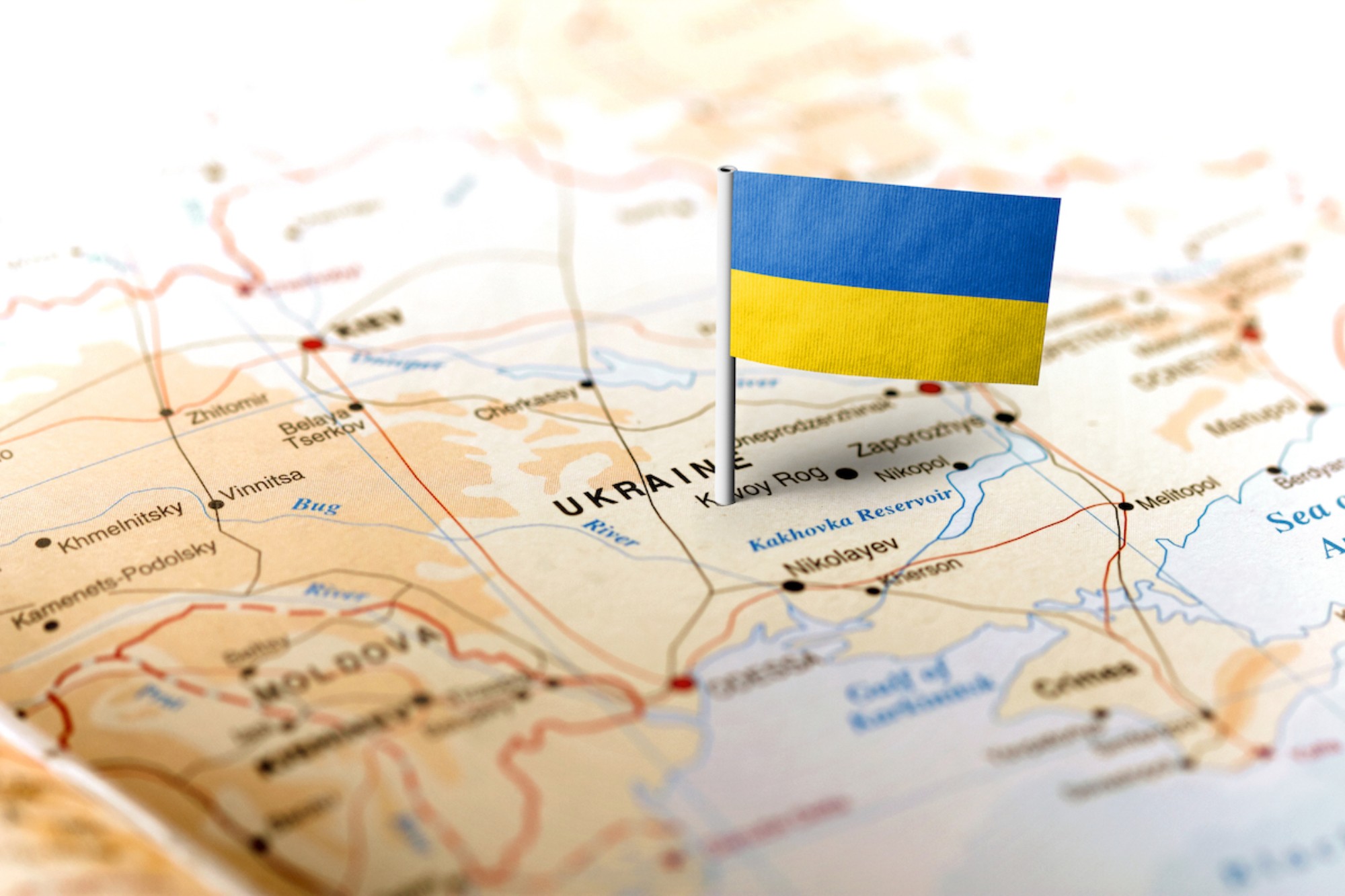As parents and teachers navigate questions from children and young adults about the Russian war on Ukraine, we turn to experts in youth mental health for tips on how adults can help them cope. The TC Newsroom sat down with Prerna Arora, Assistant Professor of School Psychology, and Cindy Huang, Assistant Professor of Counseling Psychology. This conversation has been edited for clarity.
How can parents and teachers introduce the war in Ukraine to younger children who may have not already heard the news?
Prerna Arora (PA): I would not assume that a parent or teacher must introduce the topic. Some children (especially younger children) may not be aware or have the ability to understand the topic. Children are, however, exposed to more information than ever. If a child is expressing interest or is obtaining information about the invasion of Ukraine, it is important to follow their cue – answer questions appropriately, accurately and calmly.
Cindy Huang (CH): While parents and teachers may not explicitly introduce or discuss the war, children may be hearing about it from elsewhere. Children may be talking about it on the playground. If a question comes up, answer it honestly and stick to the facts. If a parent would like to introduce the topic, the same is true; stick to the facts and offer frequent opportunities for the child to ask questions.
Can younger kids take on topics as complex and frightening as war? How can parents both protect and educate them about issues like this?
PA: Again, it is important to provide accurate information to youth who are asking or have expressed interest and/or are consuming information about the invasion. Discussions need to be done in a developmentally appropriate manner. For instance, youth should not be exposed to overly graphic or violent images. Parents may want to be aware of what they are watching and looking at online in front of their children as it relates to this topic. For older youth, parents should consider educating youth about appropriate places to obtain information (reputable sources, etc.).
CH: I could not agree more. Parents have a tendency to avoid difficult topics because they think their children are “too young.” However, children can learn and understand difficult topics, it just has to be in developmentally appropriate ways. Younger children will need concrete, clear information (e.g., “when there is a war, some people have to leave their homes because it may not be safe for them to live there anymore.”). Most young children also have a strong sense of right/wrong, which can help when talking about issues of justice.
Teenagers can understand more abstract concepts, and parents may find it helpful to start this discussion by asking if their teen has any questions. Parents can also promote empathy in their children by highlighting the people who are experiencing the war, which shifts the focus away from the violence and fighting.

Prerna Arora, Assistant Professor of School Psychology, and Cindy Huang, Assistant Professor of Counseling Psychology. (Photos: TC Archives)
Let’s talk more about the difference between talking to younger versus older children. What should parents and teachers keep top-of-mind?
PA: It’s critical to listen to what youth are saying and to not assume they have the same concerns or questions that we have. Listen to them, ask questions about their thoughts/fears/concerns. That’s the best place to start.
CH: Yes. With older children, a good place to start can be to ask if they have any questions about the war. This will give you a good sense of how much they understand about it already, and what you may need to share with them.
What other tools should parents and teachers use in these conversations?
PA: I think it’s critical to speak with youth in a calm manner and use accurate information/language. Reassure youth that they are safe and loved while also validating their concerns and fears about the situation. Model calmness, caring and empathy for others, coping with uncertainty.
CH: I agree. It will also be important to keep it fact-based.
The tragic loss of life and violence in Ukraine is unsettling for most, regardless of age. How can adults help restore a sense of stability among kids who are particularly anxious about the news?
PA: It’s always helpful to think about ways to help others – consider involving youth in efforts to donate to charities, fundraise etc…Help youth contribute in a positive way and give them a sense of agency. It’s also useful to process the impact of engaging in the activity after.
CH: Yes!
How can (and should) empathy play a role in explaining the war to young people?
CH: As I mentioned earlier, focusing on the experiences of people who are victims of the war, and having to live in the war, can be a great way to promote empathy. Help your child see and understand different perspectives; this will help them learn to be more nuanced in their interpretations of war and appreciate how everyone is adversely impacted. For example, Ukranians were invaded, and they now have to hide, flee, or fight. However, the Russians (who may be viewed as the invaders, or “bad guys” from a young child perspective) also suffer; they [civilians] were not personally responsible for the war.
